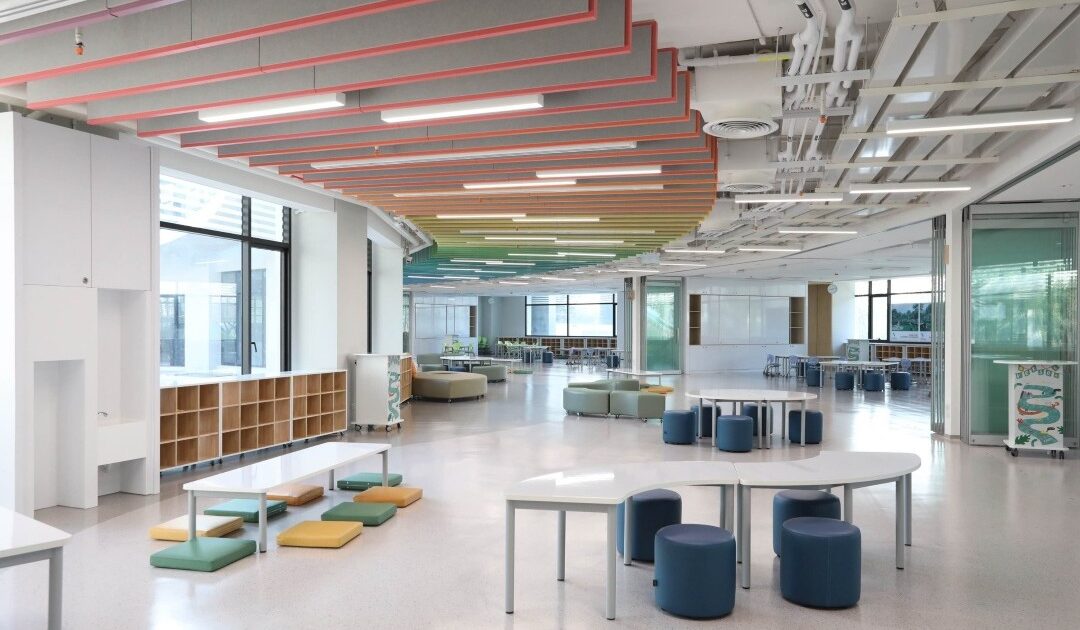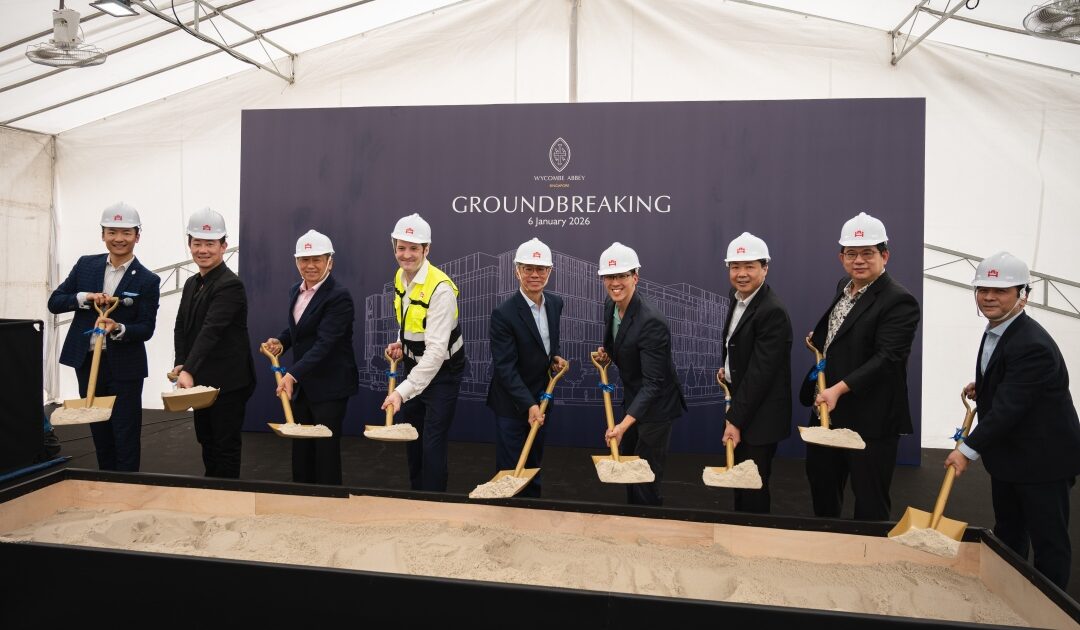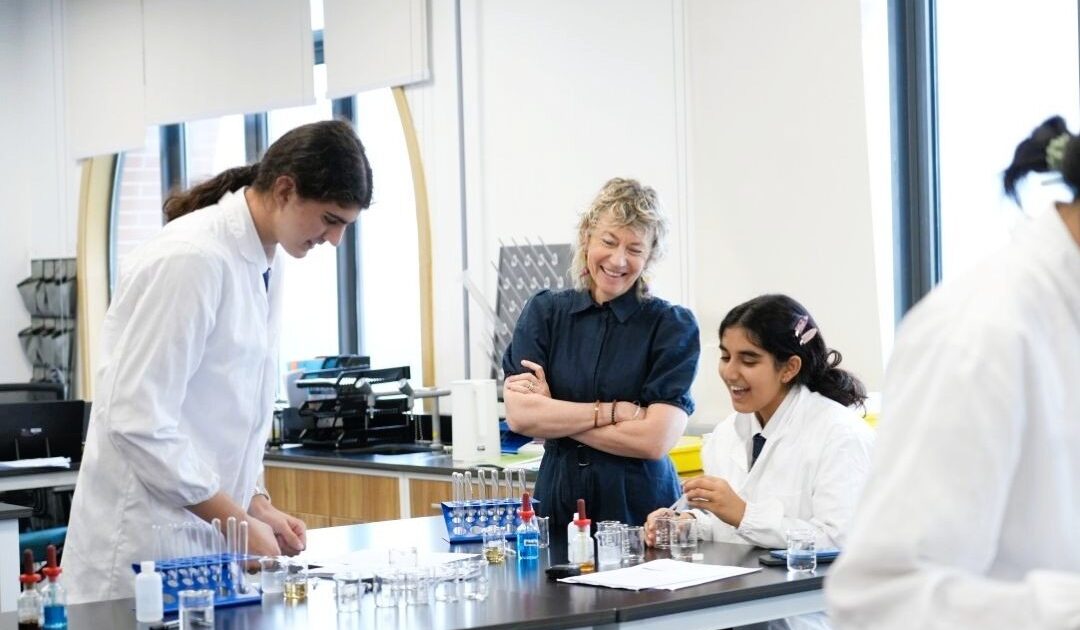Beyond Academic Brilliance: WAS Hangzhou Scholars Forging Diverse Futures
Since its inception, the Scholarship Programme has embodied the “golden principle” of holistic education—uncovering ultimate potential and continuously pursuing new goals. This weighty honour perfectly encapsulates the original spirit of education. Through the scholarship programme, we have discovered and nurtured numerous pupils of outstanding ability and character. Among the graduates, 100% of scholarship recipients have gained admission to the world’s top 30 universities. They will carry the Wycombe Abbey values of curiosity, creativity, courage, and collaboration as they continue to contribute to global society.
Today, we speak with four scholarship recipients and, through their stories of pursuing their dreams, unlock the secret to making excellence the norm in education.
Oxford-graduated Mentor at the Helm
Forging a Top-tier Academic Environment
Mr Thomas Darby, Upper School Assistant Head of Academics, spearheads the scholarship programme. A graduate of the University of Oxford’s Department of Mathematics, he brings a unique perspective shaped by his prestigious academic background, a journey that has taught him the transformative power of an exceptional environment.
Therefore, scholarship pupils must not only “do their best,” but also become “leaders.” Hosting events, founding clubs, publishing newspapers—they set the standard of prestigious schools and lead both pupils and the school to grow together in ways that play to their strengths.
Currently, this elite group of scholarship recipients includes founding pupils who have grown with the school, promising newcomers drawn by its philosophy, and British exchange students selected through rigorous international scholarship assessments.
E. Thomas is one such exchange student. Aspiring to get in University of Oxford and be a diplomat in the future, he speaks fluent Chinese, has a deep understanding of Chinese culture, and is passionate about cross-cultural exchanges. He readily dedicates time to helping peers strengthen their English skills and prepare for the IELTS. In his view, bilingual communication is the elevation of diverse thinking, and this not only builds a foundation for his future diplomatic career but also fosters a learning community rich in critical thinking at the school.



